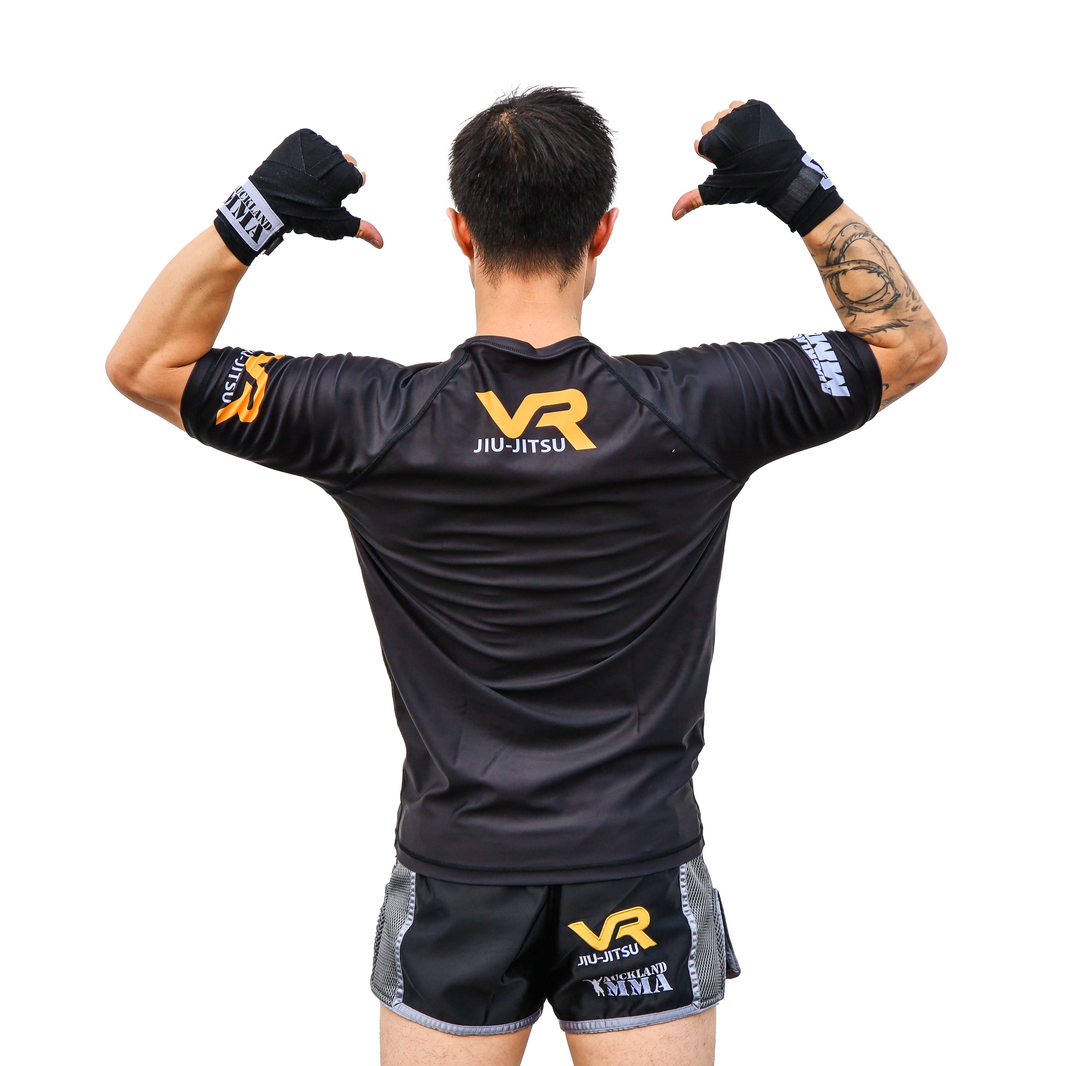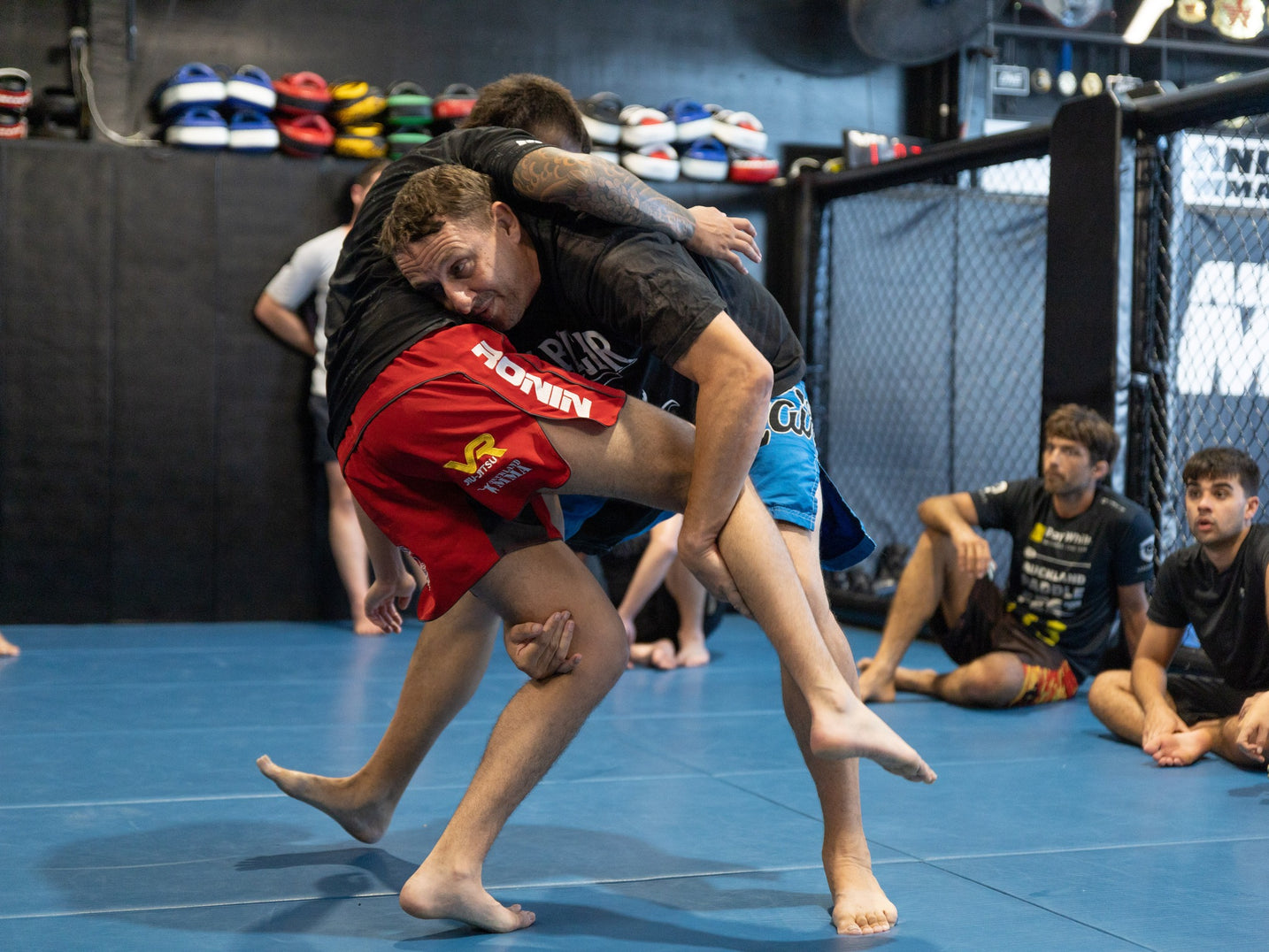Mixed Martial Arts (MMA) is a sport that demands a combination of physical prowess and mental acumen. While rigorous physical training is crucial, the most important aspect of training for MMA goes beyond the physical techniques—it lies in mastering the mental game. The mindset and mental preparation of an MMA fighter often determine the outcome of a match. Let's delve into why the mental aspect takes precedence and how it can be harnessed for success in the octagon.
1. Mental Resilience: MMA fighters face intense physical challenges and unpredictability during a match. Mental resilience—the ability to stay composed, adapt to changing circumstances, and push through adversity—is paramount. Fighters who maintain a strong mental state are better equipped to bounce back from setbacks and stay focused on their strategy.
2. Focus and Concentration: In the heat of the moment, maintaining focus is critical. Distractions can be detrimental to performance. The ability to concentrate on the task at hand, execute techniques accurately, and react swiftly to opponents' actions can be a deciding factor in victory.
3. Overcoming Fear and Nerves: Nerves and fear are natural before a fight, but letting them overpower you can hinder performance. A fighter who manages pre-fight jitters and channels the adrenaline into heightened awareness gains an advantage.
4. Strategic Thinking: MMA is a sport of strategy and tactics. The mental aspect involves analyzing opponents, understanding their tendencies, and devising a game plan. A fighter with superior mental agility can adjust strategies on the fly, exploiting weaknesses and capitalizing on opportunities.
5. Managing Pressure: High-pressure situations are synonymous with MMA. The mental aspect involves managing the pressure of expectations—both internal and external. Fighters who handle the pressure with composure can think clearly and make sound decisions during the fight.
6. Visualization and Mental Rehearsal: Mental preparation goes beyond the gym. Visualizing techniques, strategies, and successful outcomes enhances muscle memory and boosts confidence. Mental rehearsal contributes to smoother execution in real-time scenarios.
7. Positive Mindset: A positive mindset is a potent tool in MMA. Fighters who believe in their abilities and focus on their strengths approach matches with optimism. Positive self-talk can fuel determination and resilience even in the face of challenges.
8. Adaptability: MMA matches are fluid, and fighters must adapt quickly. Those with a strong mental game can adjust their approach in response to opponents' tactics, seize openings, and stay a step ahead.
9. Recovery and Growth: After a loss, a fighter's mental state can influence recovery and growth. Resilient fighters learn from their mistakes, take losses as opportunities to learn, and return stronger than before.
10. Sportsmanship and Respect: MMA is not only about defeating opponents but also demonstrating sportsmanship and respect. The mental aspect involves maintaining integrity, even in high-stress situations.
In conclusion, while physical training and technique are essential in MMA, the mental aspect reigns supreme. Mental strength sets apart great fighters from good ones. Developing mental resilience, focus, strategic thinking, and a positive mindset empowers fighters to perform at their best, regardless of the challenges they encounter in the cage. MMA is a sport where the mind truly shapes the outcome, making the mastery of the mental game the most important aspect of training for success.



















